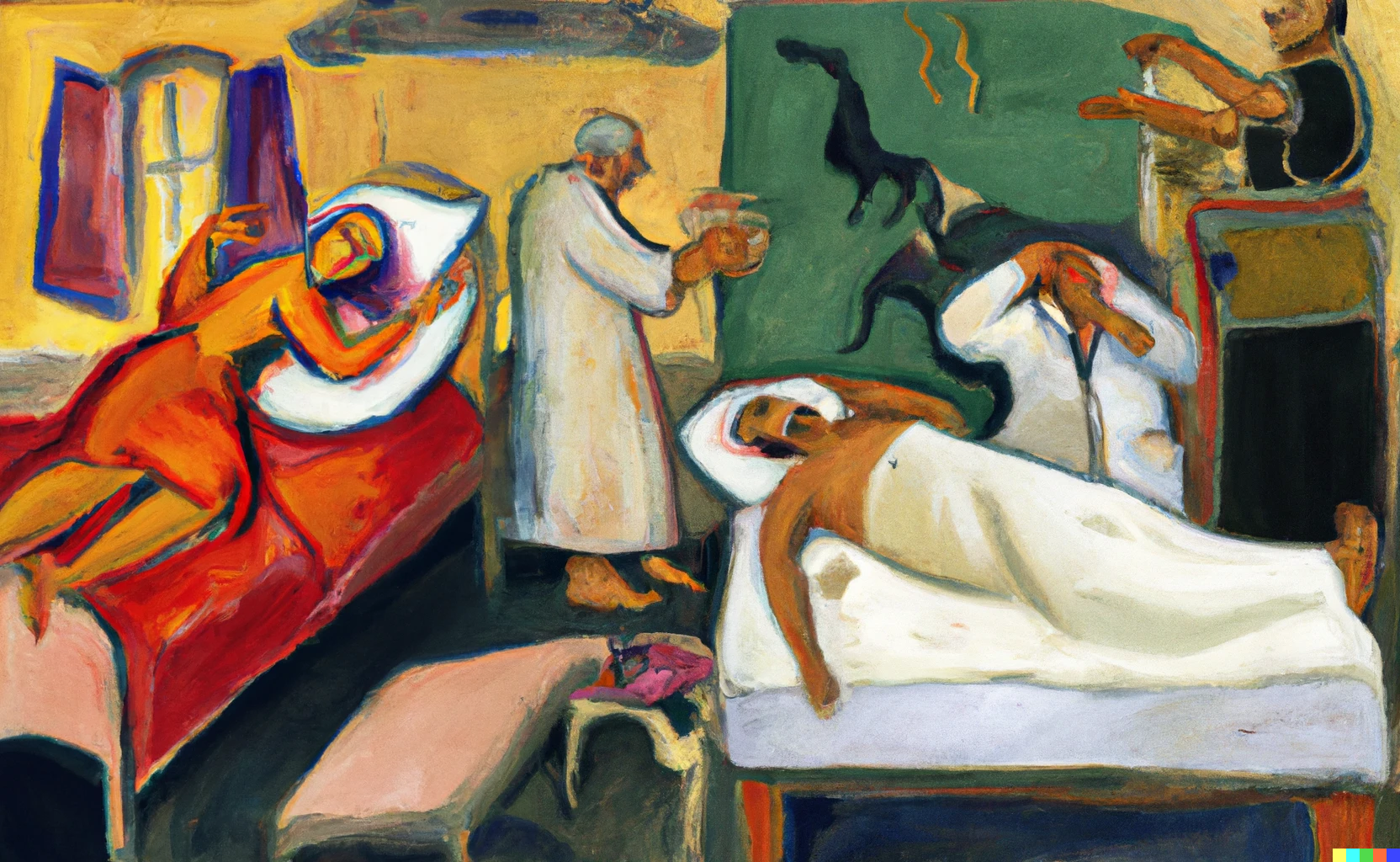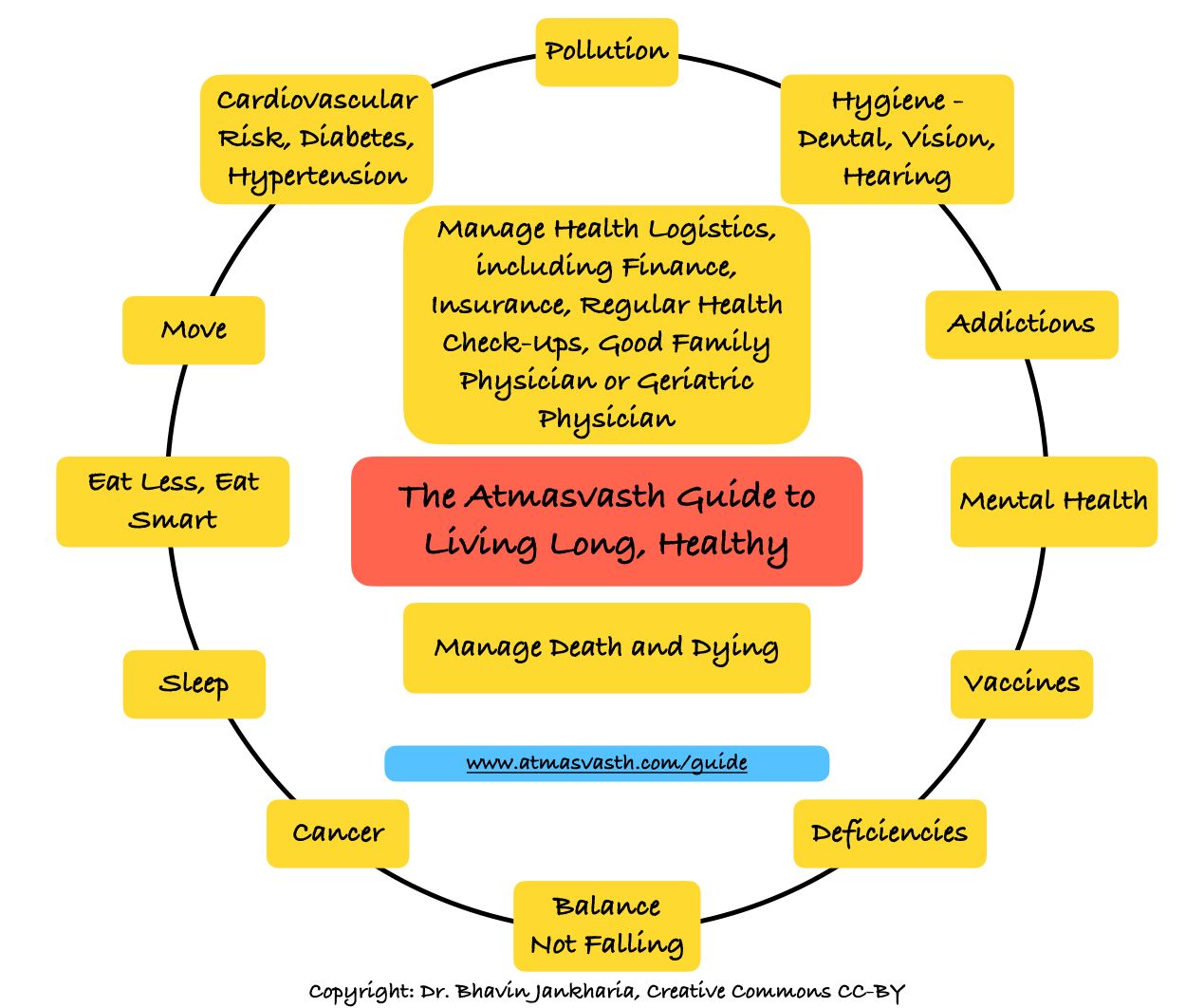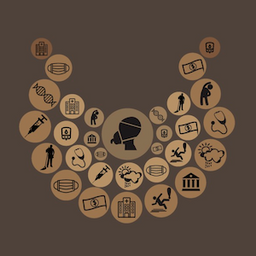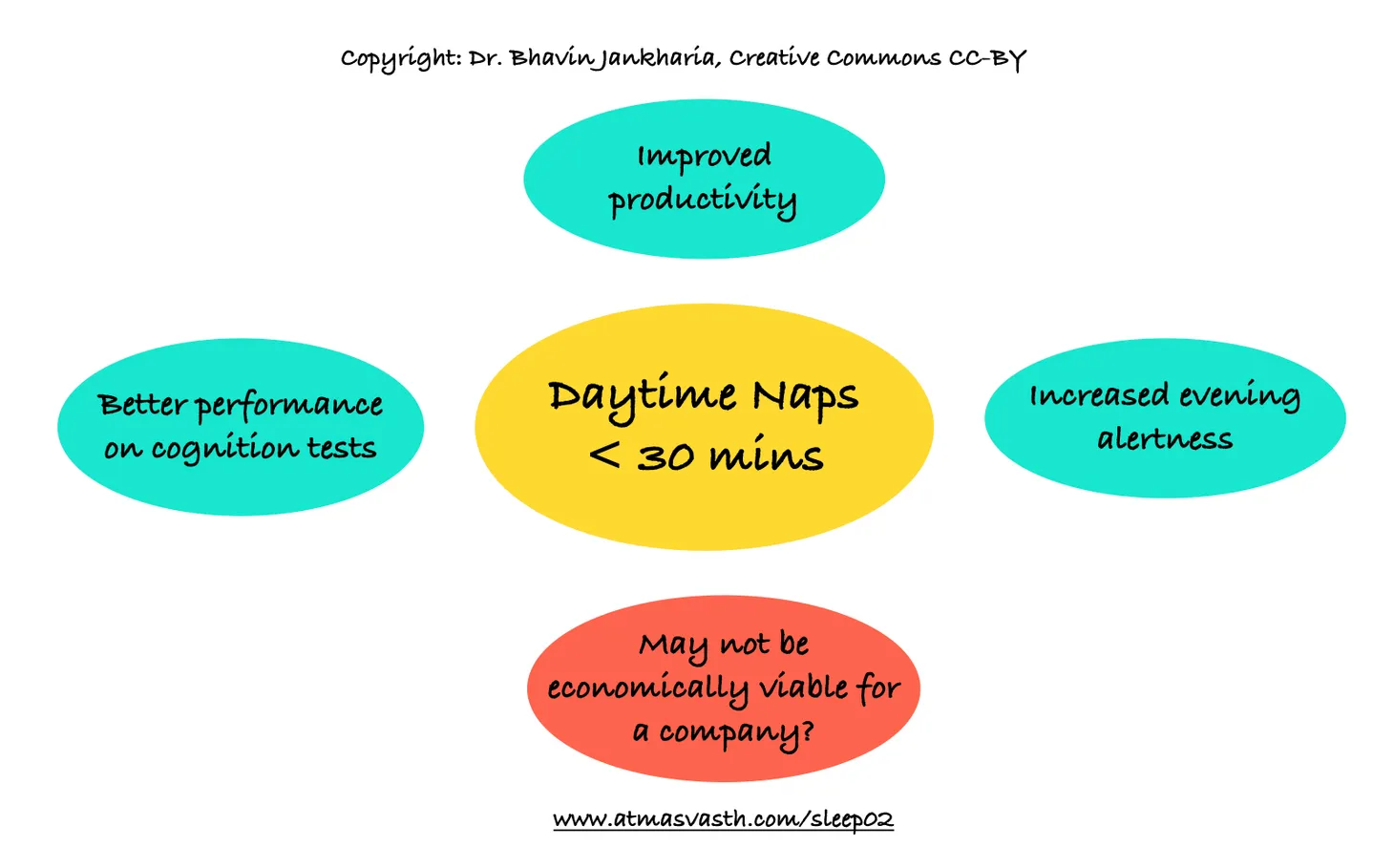The Sleep Apnea Testing Problem
Testing for sleep apnea should be done only when there is a definite medical reason, not just as part of some health check-up

The Atmasvasth Guide to Live Long, Healthy

Audio
Text
A few months ago, a physician friend of mine in the US called me saying he had just had an overnight sleep test done and the results showed he was getting apneic spells, for which his doctor had started him on a CPAP (Continuous Positive Airway Pressure) machine, to be used at night, while sleeping. Retrospectively, he felt that perhaps his irritability (which he has had since the age of 18 years) might be due to his abnormal sleep pattern and he thought that perhaps the CPAP machine was improving things. He also mentioned that the new Apple Watch Series 8 worn while sleeping gave him results similar to those from the sleep test.
The next week, another friend of mine in Mumbai, who has no sleep problems, but had some heart rhythm abnormalities was asked to get a sleep test done. Why?
Just…who knows what we might find and if we do find something abnormal, we can try and sort it out with a CPAP machine.
So what is sleep apnea or obstructive sleep apnea (OSA)? It is a condition where sleep is abnormal. To quote directly from a patient page on OSA from the Journal of the American Medical Association (JAMA) [1],
“Obstructive sleep apnea (OSA) is a condition in which breathing during sleep is abnormal. People with obstructive sleep apnea may stop breathing for short periods during sleep, or have decreased airflow while sleeping, due to a temporary blockage in the airway. Risk factors for OSA include male sex, obesity, older age, and certain anatomical features such as a large tongue or large tonsils. Common symptoms of obstructive sleep apnea are loud snoring, gasping, or choking while sleeping, and daytime sleepiness. Sometimes people who have these symptoms do not recognize them as being a problem.
The primary treatment for OSA is use of a continuous positive airway pressure (CPAP) device. An alternative therapy is a mouthpiece that moves the lower jaw forward while sleeping. Weight loss can help OSA symptoms in people who are overweight or obese.”
Testing starts with standard sleep related questionnaires and if these suggest that a person may be having sleep problems and sleep apnea, then a sleep study is advised. If the sleep study shows problems, then the main treatment (apart from losing weight if morbidly obese) is the use of a CPAP machine or jaw advancement during sleeping.
Testing for sleep apnea and the use of a CPAP machine are both worth the effort when a person has obvious sleep problems, i.e. if you are groggy during the day or go to sleep in the middle of a meeting, or if you snore very loudly at night, while sleeping fitfully.
It is when testing is advised for the entire general population in the hope of medicalizing otherwise normal people, labeling them as having a disease, in this case, sleep apnea and then making them buy expensive equipment to treat a problem that may not exist to begin with, that we have to start questioning the entire process of unnecessary testing on people for minimal benefit.
The conservative USPSTF (United States Preventive Services Task Force) has again come out with some simple guidelines for sleep testing. They say that in the general adult population, otherwise not symptomatic, there is no evidence that sleep testing is of any use [2].
I sleep less than most people and clock between 6 to 6 1/2 hours with another 30-45 minutes of a daytime nap. This has been the norm now for over 30 years. I don’t feel groggy during the day, though, because I wake up at 4.30 AM, my energy levels dip after 1 PM, which is why a daytime nap is important for me. I sleep by 10 PM or so, my phone going onto DND by 9 PM as I prepare to sleep.
I upgraded my Apple Watch 3 to a Series 8 and started using it to check my sleep patterns (ignoring the USPSTF warning) and found my numbers to be within normal limits. What if they had been abnormal? I don’t know, but I would have listened to my body and probably just continued as usual.
What does this mean for you and I?
If you have problems during the day that can be attributed to poor sleep (feeling groggy, tired, lethargic, forgetting things) or if you are sleeping badly at night, you should see a sleep specialist and get a sleep study done to then decide on how to manage the poor sleep patterns. If you don’t have any of these, then there is no need to get a sleep test done…just for the heck of it or for the worst reason in medicine…what is the harm? There is always harm in doing a test (e.g. serum PSA), because you then have to follow-up on abnormal results, which can then take you down a virtual or real rabbit hole, with perhaps no benefit, but only mental and physical stress.
Footnotes
1. Jin J. Screening for Obstructive Sleep Apnea. JAMA. 2022 Nov 15;328(19):1988.
2. US Preventive Services Task Force; Mangione CM et al. Screening for Obstructive Sleep Apnea in Adults: US Preventive Services Task Force Recommendation Statement. JAMA. 2022 Nov 15;328(19):1945-1950.
Atmasvasth Newsletter
Join the newsletter to receive the latest updates in your inbox.



